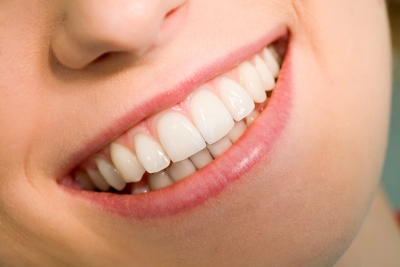Fight Gum Disease and Keep Your Teeth
For your mouth to be truly healthy, it’s important to consider your gums as well as your teeth. Gum disease is a common oral health problem treated by dentists serving Denver. Typically the result of poor oral hygiene, gum disease is an issue that should be treated promptly to ensure the overall health of your mouth and teeth.
Gum Disease Explained
Also referred to as periodontal disease, gum disease describes the progressive damage to the tissue that supports and surrounds your teeth and is caused by bacteria in your mouth. This condition begins with the formation of plaque on your teeth, which is an invisible film composed of mostly bacteria. When the plaque accumulates, it can harden into tartar which forms a protective shield for the bacteria, and can only be removed by a professional cleaning.
Gum Disease Symptoms
Over time, the accumulation of bacteria on your teeth can irritate the gums, or gingiva, that surround the base of your teeth. This condition, called gingivitis, is characterized by reddened or swollen gums that bleed easily during flossing or brushing. When left untreated, gingivitis can progress to periodontal disease. Symptoms of this condition include bleeding or swollen gums, receding gums, persistent bad breath, loosened or shifting teeth, and changes in the fit of your bite.
Gum Disease Treatment
The best defense against gum disease is consistent brushing and flossing in addition to regular dental checkups. When measures aren’t taken to combat the infection in the gums, periodontal disease can lead to additional health problems, and even the loss of teeth. If your dentist sees signs of gum disease, they may recommend better choices in diet and a strict oral hygiene regimen to halt the formation of bacteria. Removing the tartar and plaque will also help slow the disease, but sometimes additional therapies are suggested to restore the health of the mouth. Laser gum treatment is an advanced option for treating gum disease that often provides a faster and more comfortable recovery for patients.



